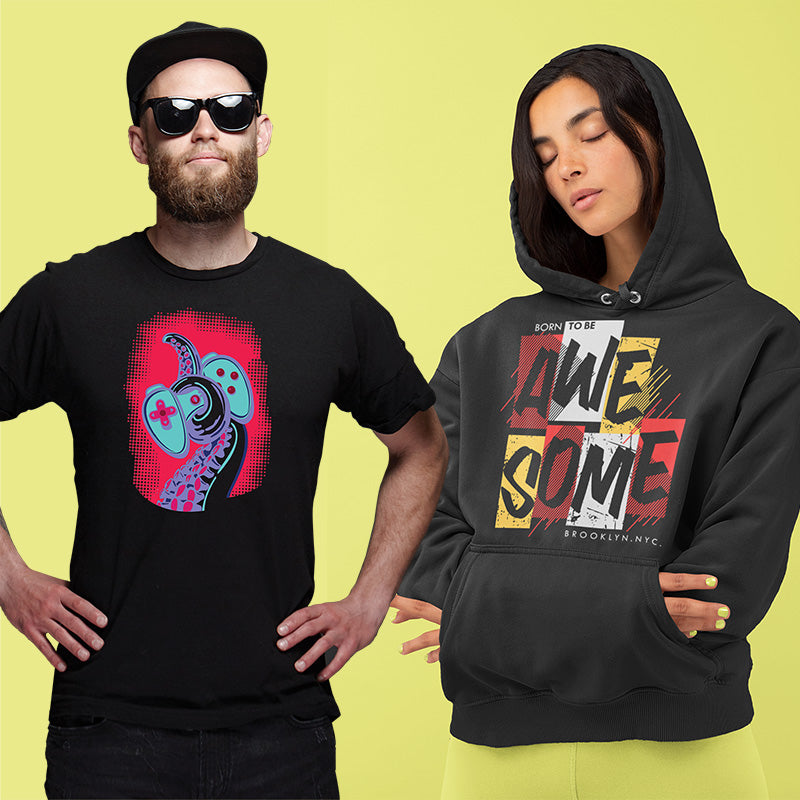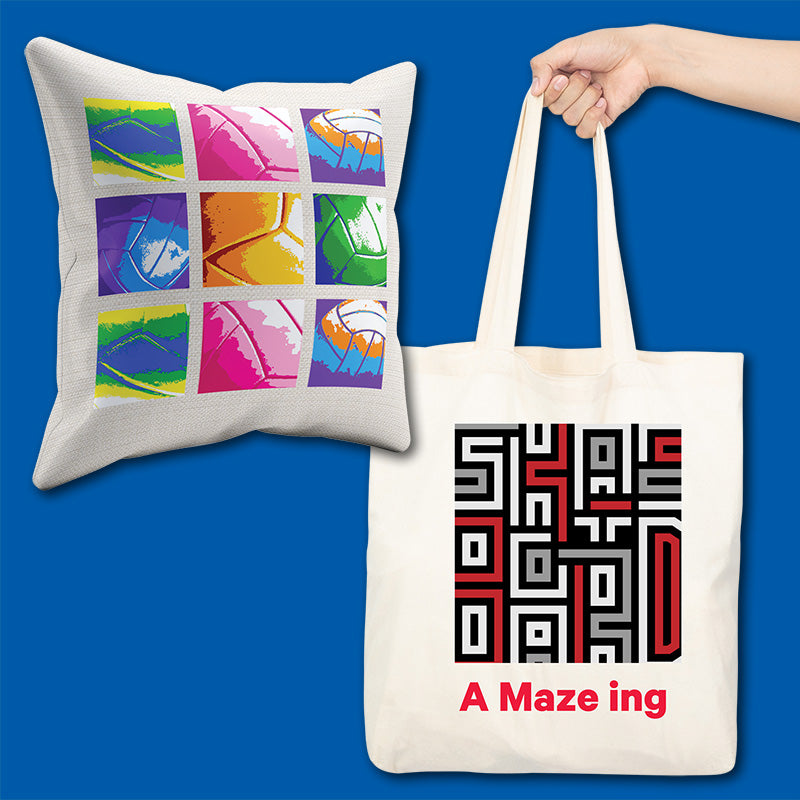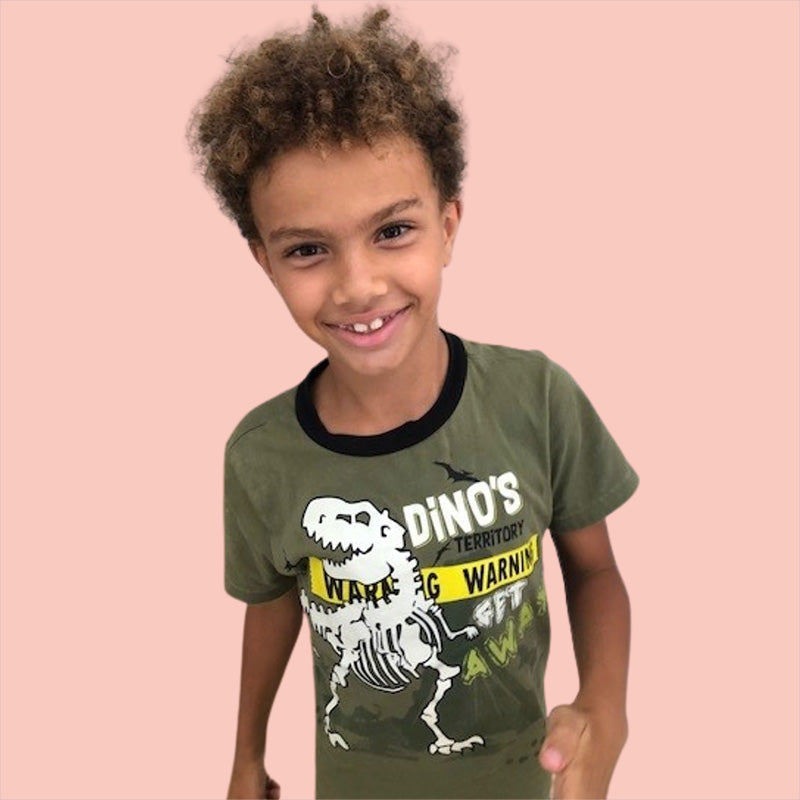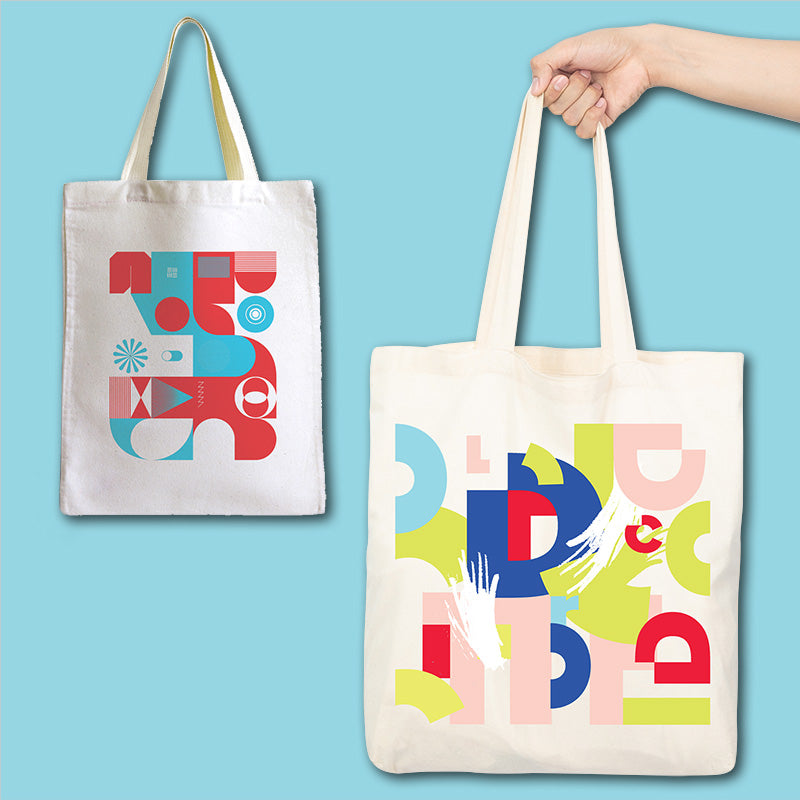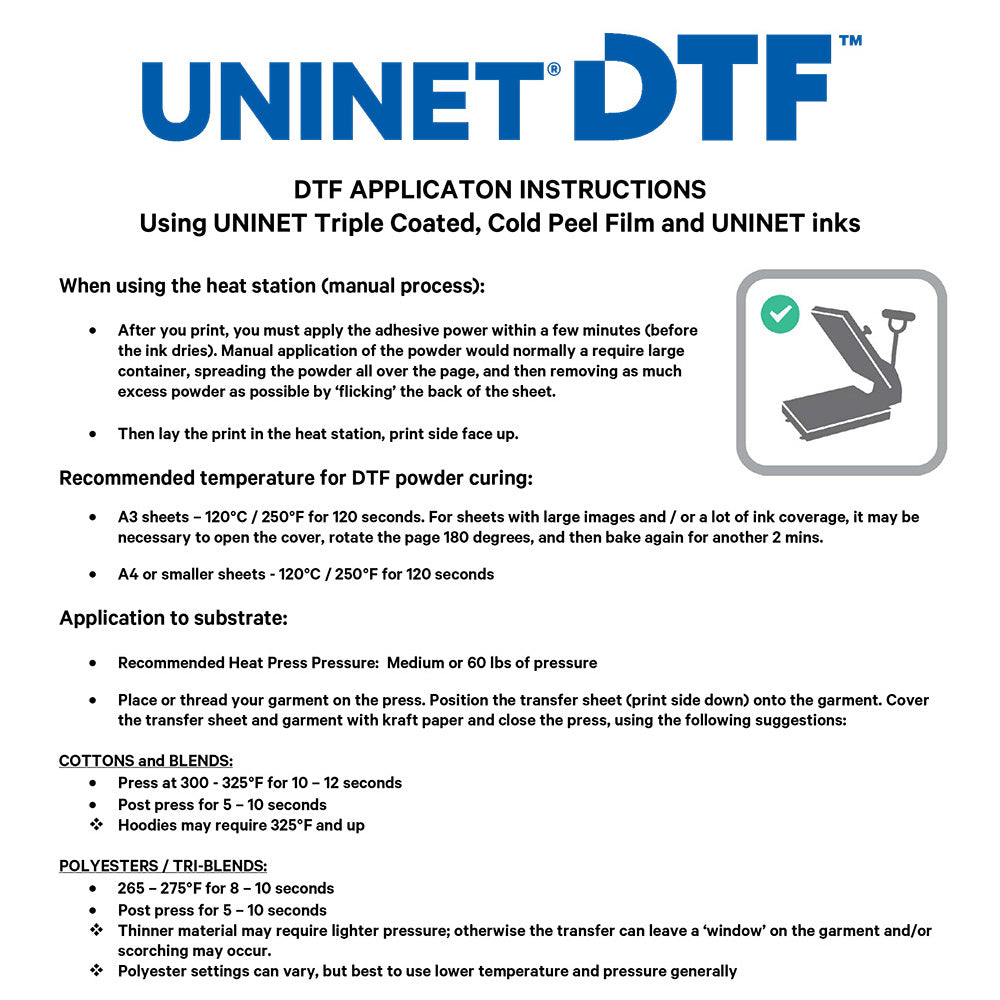 |
|
UNINET DTF 1000 Direct to Film PrinterExceptional printing quality "ready to wear"The UNINET DTF 1000 printing system features a bi-directional roll feeder, white ink circulation system, vacuum, RIP software, training and onboarding. It is an affordable price compared to alternative technologies. The UNINET DTF 1000 produces durable and intense color prints, is built on the popular and reliable Epson engine, professionally modified and enhanced by UNINET. Choose this system if you will be batch printing and / or need the convenience a roll feed system with manual adhesive application (automated powder and curing system option (sold separately) available Q2 2023) The UNINET DTF 1000 has significant advantages over comparative systems. Works for multiple fabric types (cotton, poly, blends and more), and works on both light and dark textiles. *This product is excluded from all promotional discounts and offers. **Once inks are installed, printers cannot be returned to us. |
 |
| FEATURES: |
|
| INCLUDES: |
|
| WHAT'S NOT INCLUDED BUT YOU MAY NEED: |
|
|
APPLICATION INSTRUCTIONS (Using UNINET Triple Coated, Cold Peel Film and UNINET inks) |
|
When using the heat station (manual process): Recommended temperature for DTF powder curing: Application to substrate: COTTONS and BLENDS: • Press at 300 - 325°F for 10 – 12 seconds • Post press for 5 – 10 seconds *Hoodies may require 325°F and up POLYESTERS / TRI-BLENDS: • 265 – 275°F for 8 – 10 seconds • Post press for 5 – 10 seconds * Thinner material may require lighter pressure; otherwise the transfer can leave a ‘window’ on the garment and/or scorching may occur. *Polyester settings can vary, but best to use lower temperature and pressure generally 50 / 50: • 275°F for 12 seconds • Post press for 5 – 10 seconds COTTON: • 310 - 325°F for 15 seconds • Post press for 10 seconds FINISHING: • Matte finish – Kraft paper, T Seal or parchment cover sheet. • Shiny/gloss finish - Teflon cover sheet *Specialty silicone pads with texture can be used to prevent gloss look, gives print a nice textured feel. ADDITIONAL SUGGESTIONS: • Thicker fabrics require more heat, generally. • Hats (poly) may require 245 - 250°F for 5 - 8 seconds • Umbrellas, EZ-ups, stadium chairs will require testing and trial and error. *Be careful of dye / ink migration with polyester textiles - perform a 24hr test (fine tuning) to see if the ink migrates (clothing dye reacts with the DTF ink) GARMENT TYPES: • DTF works with almost all fabrics and garment types: • Combed Cotton, Ring Spun Cotton, Organic Cotton, Polyesters, Blended Fabrics, Poly-Cottons, Tri-Blends, Polyester-Spandex, Leather, Vinyl, Denim, Canvas and much more. |
 |
 |
 |
 |
 |
 |
 |
 |
 |
 |
 |
 |
 |



















































































































































